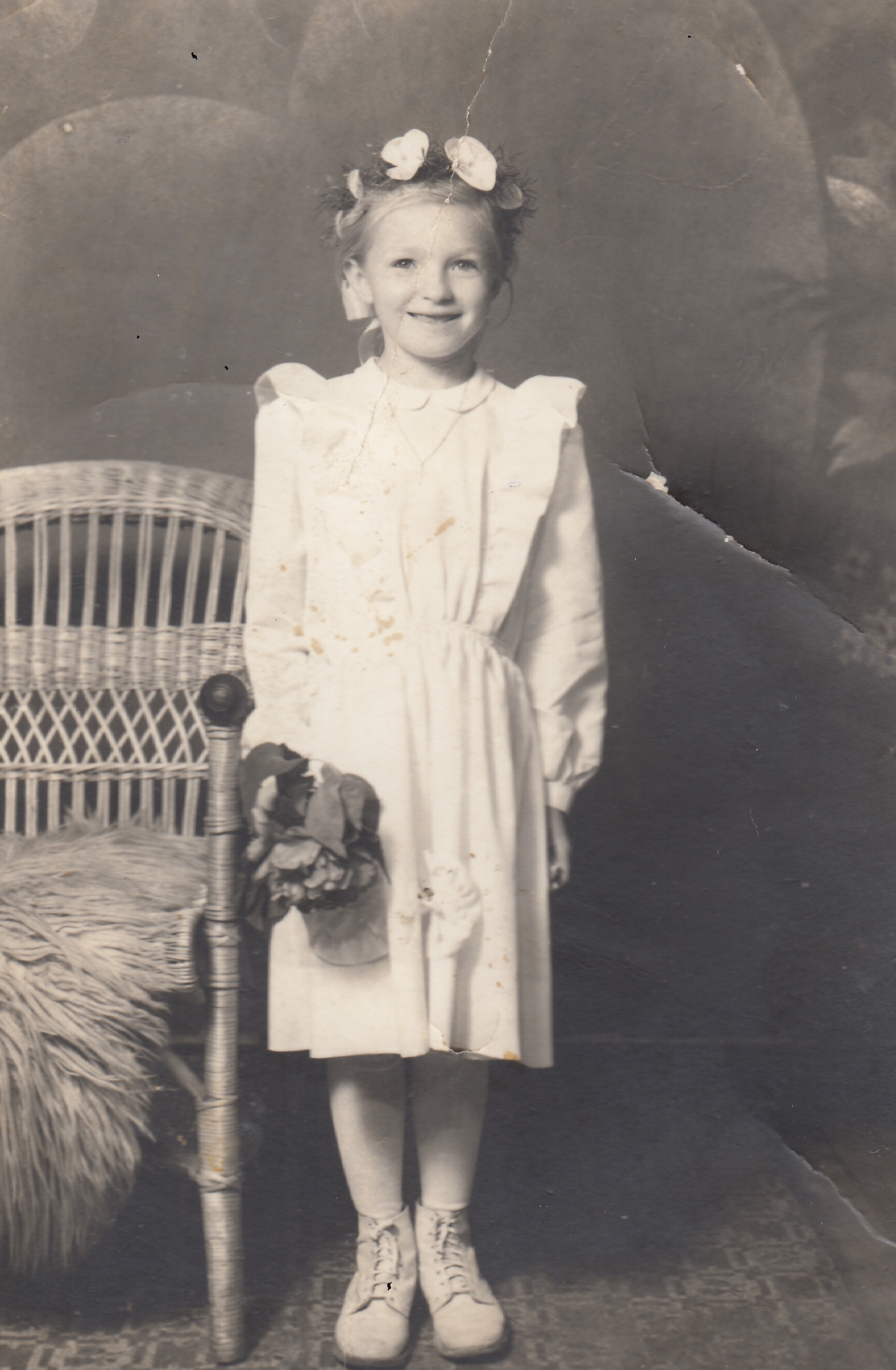My husband‘s family survived both Nazi and Communist persecution

Stáhnout obrázek
Marie Vařáková, née Krajčová, was born on 16 November 1944 in Studlov, Wallachia. Later she married into the family of Jiří and Rozálie Vařák, who at the end of the Second World War experienced the burning of the settlement of Vařákovy Paseky, when they, including their young children, were threatened with death at the hands of the Nazis, who were taking revenge on all those who helped the partisans of the First Czechoslovak Brigade of Jan Žižka in the region. This family was also affected by the communist regime, which in the political trial of the Světlana - Jeseník group sentenced their father-in-law, Jiří Vařák, to 14 years in prison for providing a key resistance fighter from this cell, Alois Šimar, with lodging and weapons. Jiří Vařák served five years, then in 1955 he was released under an amnesty granted by President Antonín Zápotocký. Marie Vařák grew up in poor circumstances - her parents, František and Františka Krajčovi, were forest workers and owned only a small farm. In primary school, Marie experienced a bizarre situation when, after the death of then President Klement Gottwald, the children had to pray for him at the cross at the end of the village. After school, instead of going to school or high school, she went straight to work - as a worker in the Igla factory in Valašské klobouky. At the time of normalisation, she joined the Czechoslovak Women‘s Union, thanks to which she personally met President Gustáv Husák at the end of the 1970s. She was also a member of the Lacnovo National Committee. At the time of the interview, Marie Vařáková was living in Lačnov in Wallachia, where she worked as a guide at the Vařákovy Paseky Museum.




















